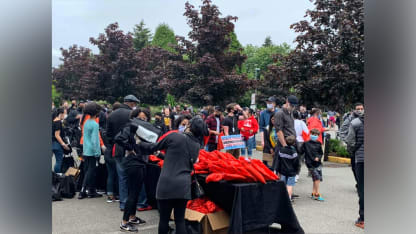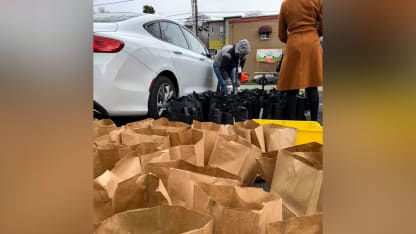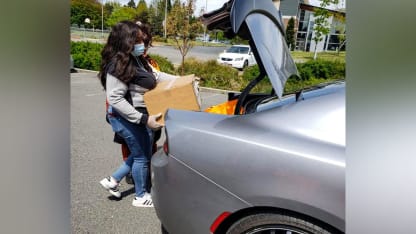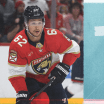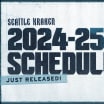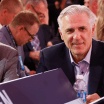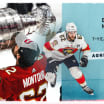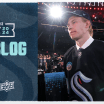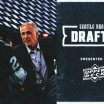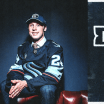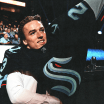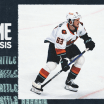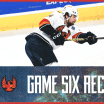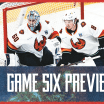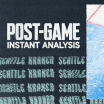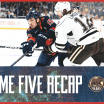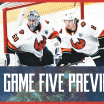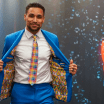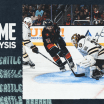The Seattle Kraken announced this week all net proceeds from the sales of its inaugural "Release the Kraken" apparel and gear line were donated to three local nonprofits working tirelessly to provide critical support to deserving young people: YouthCare, Community Passageways and Urban League of Metropolitan Seattle.
"Whatever challenges and inconveniences we all face as a result of COVID -19 are experienced a hundred-fold by our community's more vulnerable populations," says Mari Horita, Kraken vice president of community engagement and social impact. "In particular the health and economic impacts have disproportionately affected our Black, Indigenous and People of Color communities, and as we planned our launch, we wanted to find a way to leverage that opportunity to provide some relief."
To highlight the work of the three nonprofits, we are published stories this week on each organization: Tuesday: YouthCare; Wednesday: Urban League of Metropolitan Seattle; and Thursday: Community Passageways.
Nine Decades for Those in Need
The Urban League of Metropolitan Seattle turns 90 in December, 'still here' and most definitely adapting, innovating and making a palpable difference for kids and families on education, housing and food insecurity fronts
